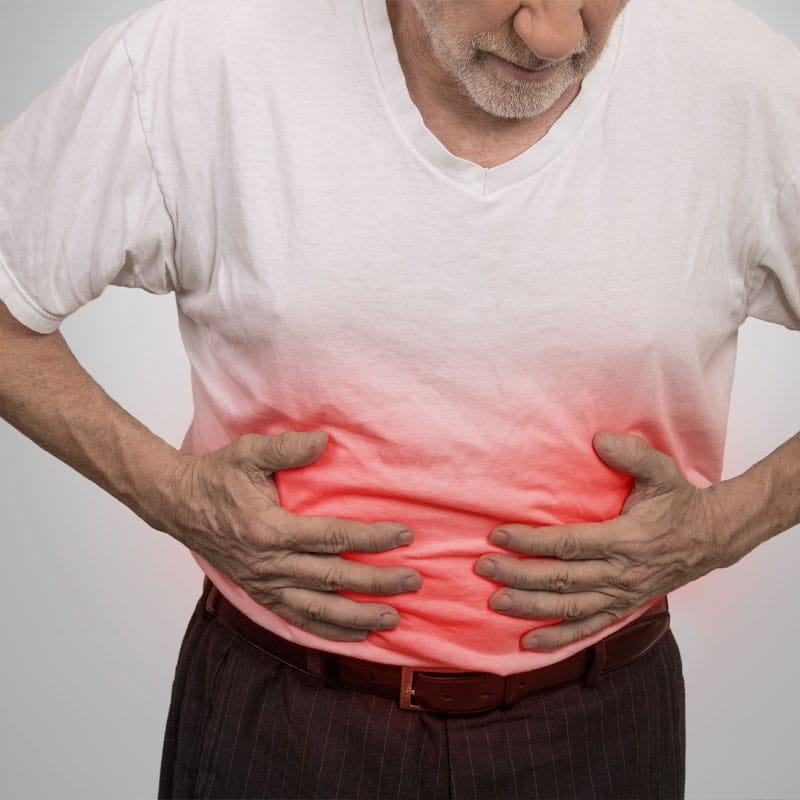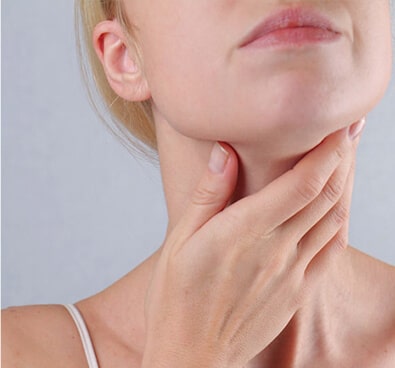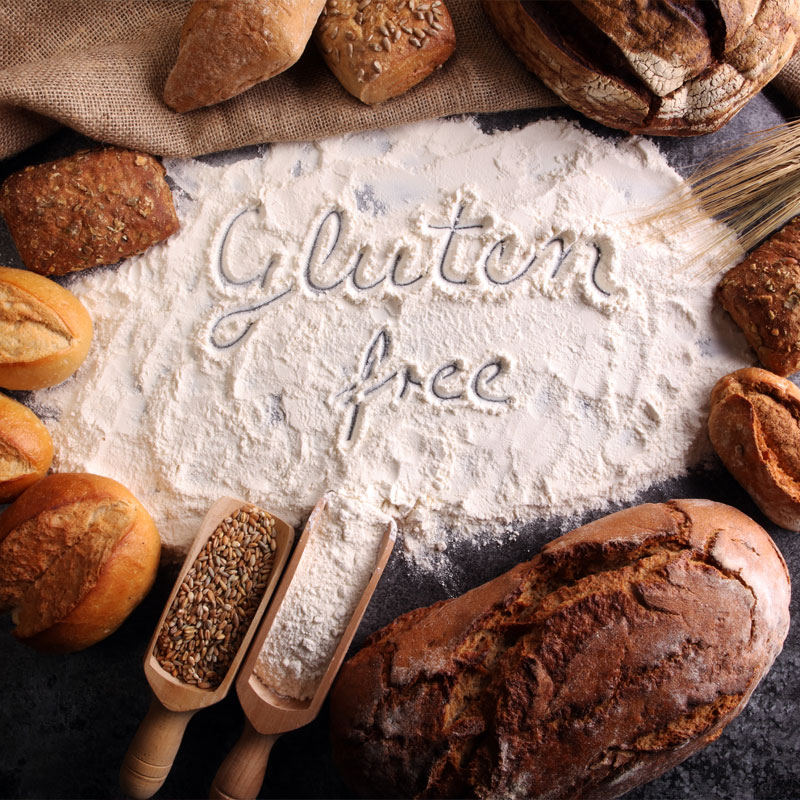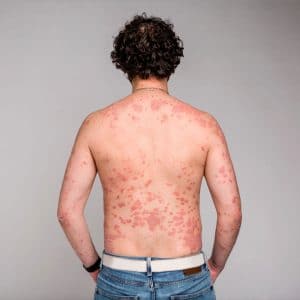Your body is teeming with trillions of bacteria, fungi, viruses, and yeasts that create your gut microbiome. Although certain bacteria, fungi, and viruses are associated with illness and disease, there are other bacteria, viruses, and fungi that are vital to a healthy immune system, cardiovascular system, and much more. A balanced gut microbiome is vital for optimal health. An imbalanced microbiome is called gut dysbiosis and here we will delve into its symptoms, causes and how gut dysbiosis can affect your health.
What is Gut Microbiome?
Bacteria, fungi, yeasts, and viruses are microscopic living organisms also called microorganisms. The intestines are filled with trillions of microorganisms (also known as microbes). Most of these microbes reside in the large intestine and make up the gut microbiome. The digestive tract contains more than 1000 species of bacteria – both beneficial microbes that aid in digestion and enhance immunity and harmful microbes that can elicit disease and inflammation.
The microbes in the gut play numerous important roles in the body. The microbiome begins developing during the birth process. Over time, as a child begins consuming varying foods, the microbiome diversifies which enhances health. A diverse microbiome impacts the body in a variety of ways as follows:
- Brain Health – The bacteria in the digestive tract impacts brain health. A person with an imbalanced microbiome can experience brain fog, anxiety, increased stress, and mood swings.
- Diabetes – When the gastrointestinal tract becomes imbalanced, blood glucose levels increase due to insulin resistance and how the liver processes fats, which can lead to an increased risk of diabetes.
- Heart Health – Gut dysbiosis or an imbalanced microbiome impacts heart health and increases plaque in the arteries, which increases the risk of heart disease, stroke, and heart attack.
- Immune Health – The digestive tract houses most of your immune system. When dysbiosis occurs, an abnormal immune response can also occur, including systemic inflammation and decreased immunity.
- Digestion – When gut bacteria becomes imbalanced, a person can experience a number of digestive disturbances, including abdominal cramping, diarrhea, bloating, indigestion, and constipation.
- Weight – Gut bacteria can impact weight by affecting how the body digests foods. This can also influence the nutrients that are absorbed and how energy is stored within the body. Those with lower gut bacteria diversity are at an increased risk of obesity.
- Vitamins – Gut dysbiosis negatively affects the body’s ability to digest foods properly which leads to reduced absorption of both vitamins and minerals.
Causes of Gut Dysbiosis

- Alcohol – having more than two alcoholic beverages per day
- Dietary changes – an increased intake of sugar, food additives, or protein
- Medications – antibiotics destroy both good and bad bacteria in the gastrointestinal tract
- Oral health – poor dental hygiene can allow bacteria to become imbalanced
- Sex – Unprotected sex can expose a person to various harmful bacteria
- Stress – Stress can weaken the immune system making the body more vulnerable to developing an imbalanced gut microbiome
Symptoms of Gut Dysbiosis
The symptoms of gut dysbiosis will depend on the bacterial imbalance and where the imbalance occurs. The symptoms of dysbiosis can be extremely uncomfortable and include:
- Anxiety or Depression
- Autoimmune disorders
- Bad breath
- Bloating or Indigestion
- Chest pain
- Concentration difficulties
- Constipation or Diarrhea
- Fatigue
- Inflammation or redness
- Insomnia
- Metabolic dysfunction
- Nausea
- Rash or other skin disorders
- Rectal itching
- Upset stomach
- Urination difficulties
- Vaginal itching
- Weight gain
How to Heal Dysbiosis
There are various options to heal your dysbiosis including-
- Diversity in Your Diet – Eating a diet filled with a variety of foods can improve your microbiome. Include organic produce, beans, and legumes to ensure your digestive tract contains an assortment of beneficial bacteria.
- Fermented Foods – Fermented foods including sauerkraut, yogurt, kefir, and kimchi contain Lactobacilli and other healthy bacteria, which can help rebalance the gastrointestinal tract.
- Limit Antibiotics – Antibiotics kill both good and bad bacteria which can negatively impact your gastrointestinal tract. Use antibiotics only when absolutely necessary. It is also advisable to take special probiotics during treatment as it can offset some of the negative side effects of taking medications.
- Limit Artificial Sweeteners – Artificial sugars, including aspartame stimulate the growth of Enterobacteriaceae, which is an unhealthy bacterium that increases blood glucose levels.
- Plant Based Diet – Consuming more vegetables in the diet can reduce disease causing bacteria like E. coli. A vegetarian diet also helps reduce inflammation of the digestive tract.
- Polyphenols – Polyphenols are naturally occurring compounds found in whole grains, red wine, olive oil, dark chocolate, and green tea. When polyphenols are broken down in the digestive tract, this stimulates the growth of healthy bacteria.
- Prebiotic Foods – Prebiotic foods are a type of fiber that feed beneficial bacteria in the digestive tract. Prebiotic foods include apples, asparagus, artichokes, bananas, and oats.
- Probiotic Foods and Supplements – Probiotics are beneficial live bacteria that can restore gut health. Probiotics reseed your gastrointestinal tract with healthy microbes.
- Whole Grains – Whole grains contain beneficial carbohydrates and fiber which can feed the beneficial bacteria in the gastrointestinal tract.
Treatment for Gut Dysbiosis
Your gut microbiome contains trillions of microbes, fungi, bacteria, and yeasts that impact all aspects of health. When the microbiome becomes imbalanced, this is called dysbiosis. Dysbiosis causes a plethora of problems, including systemic inflammation, an increased risk of diabetes, chest pain, digestive disturbances, and fatigue. Our functional medicine clinicians specialize in gut health and can help rebalance your gastrointestinal tract and correct gut dysbiosis. You can opt for personalized diets to help increase the beneficial bacteria in the intestines and address any underlying conditions that may be causing the imbalance.




















